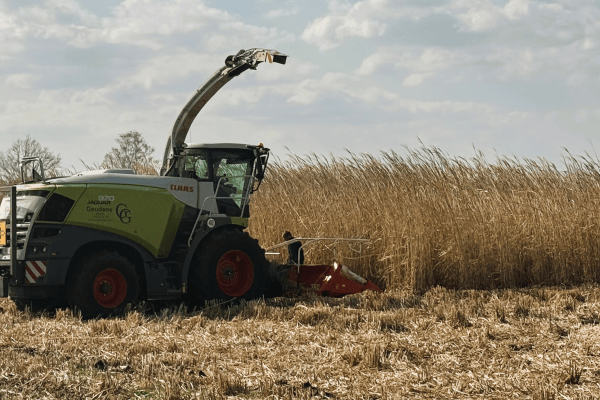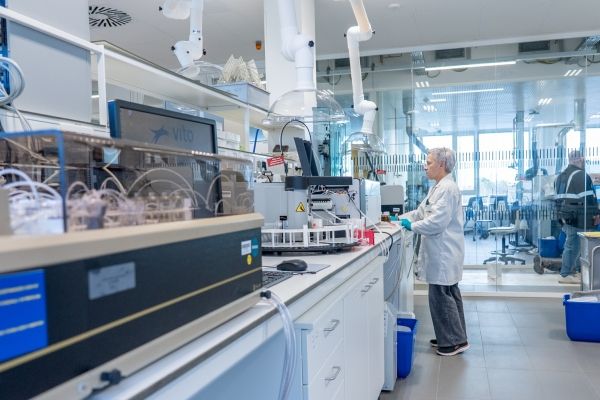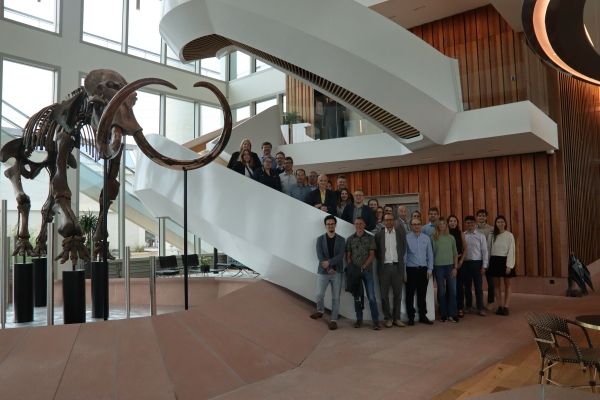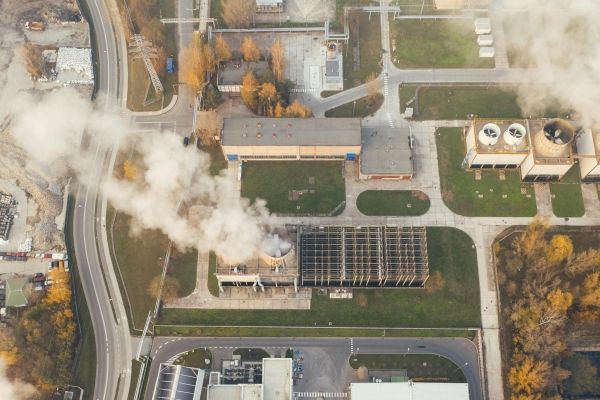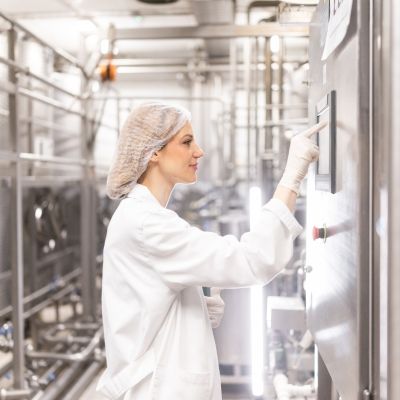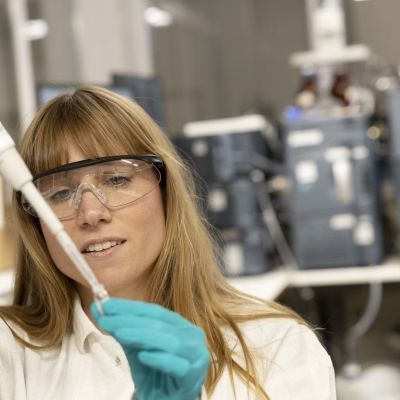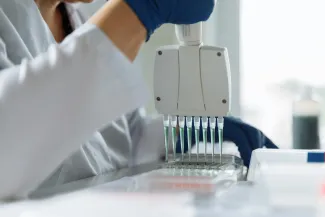
INCITE: Innovative chemoenzymatically integrated processes
The INCITE project started in October 2019. For four years, it explored how to promote competitiveness for a sustainable European chemical industry by demonstrating chemo-enzymatic processes on an industrial scale.
Alternatives for traditional chemical synthesis
Nearly all products we use daily contain chemicals. These chemicals are indispensable, but their production has a significant environmental impact. If we want to diminish that impact, we have to look for ways to optimise our chemical processes.
With that in mind, we created INCITE – a project that aimed to increase the efficiency, product quality and safety of chemical processes and products, as well as diminish their global environmental impact. The project aimed to do so by means of chemoenzymatic processes instead of traditional chemical synthesis.
Relying on chemoenzymatic processes could mean, among other things, that chemical ingredients no longer have to be mixed at high temperatures, the size of factories can be reduced, and factories will need fewer resources to produce large quantities of chemicals.
Last but not least, INCITE aimed to reduce the waste production of the chemical industry by at least 50% and CO₂ emissions by at least 20%.
Two chemoenzymatic pilot installations
The INCITE project aimed to demonstrate new integrated upstream and downstream processing tracks in which flow chemistry and membrane technology in chemoenzymatic processes have a part to play.
The modularity and flexibility of the developed processes were demonstrated with the help of two pilot projects in realistic industrial environments. Additionally, we relied on hydrolases for the sustainable, secure and energy-efficient production of raw materials and fine-chiral chemicals.
- The first demonstration case was the Oleochemical track. That examined the solvent-free synthesis of natural oleochemical esters with the help of lipase enzymes used in food and feed, personal care and crop protection.
- The second demonstration case, the Agrochemical track, focused on a catalysed esterase of a chiral molecule used as a starting point for applications in crop protection and public health.
In comparison with traditional chemical synthesis processes, these chemoenzymatic processes hold clear benefits, such as greater efficiency, higher product quality and a smaller environmental footprint.
VITO’s role in INCITE
- VITO was the scientific coordinator for INCITE.
- As for the technical part, we were mainly involved in the oleochemical pilot installation.
Funding
INCITE was backed by the European Union’s research and innovation programme, Horizon 2020, as part of the grant agreement nr. 870023.
News about INCITE
There were no items found.



